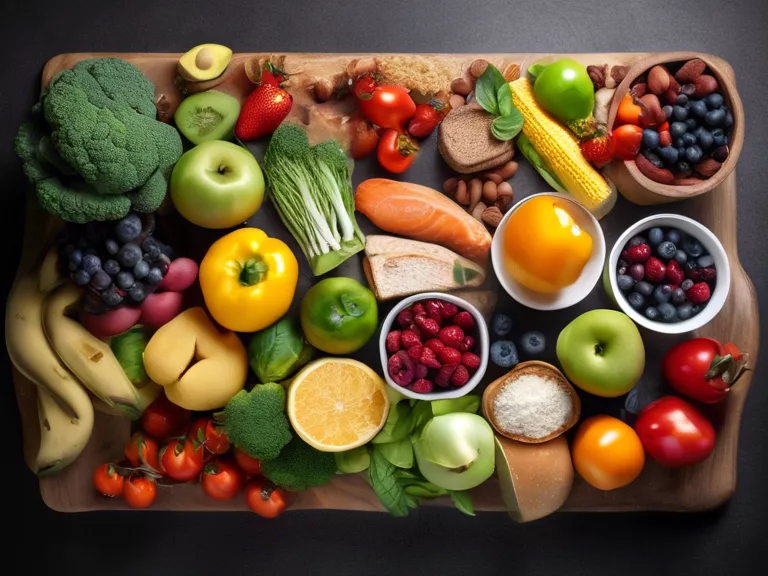
How to Create a Balanced Diet Plan Without Cutting Out Entire Food Groups
Maintaining a balanced diet is essential for overall health and well-being. However, many fad diets recommend cutting out entire food groups, which can lead to nutrient deficiencies and other health issues. The key to creating a sustainable and healthy diet plan is to include a variety of foods from all food groups.
1. Include a Variety of Fruits and Vegetables
Fruits and vegetables provide essential vitamins, minerals, and antioxidants. Aim to include a variety of colors in your diet to ensure you are getting a wide range of nutrients.
2. Incorporate Whole Grains
Whole grains are a great source of fiber, which can help with digestion and keep you feeling full. Include whole grains such as brown rice, quinoa, and whole wheat bread in your meals.
3. Include Lean Protein Sources
Protein is essential for muscle growth and repair. Opt for lean protein sources such as chicken, fish, tofu, and legumes.
4. Don't Forget Healthy Fats
Healthy fats are important for brain health and hormone production. Include sources of healthy fats such as avocado, nuts, seeds, and olive oil in your diet.
5. Moderation is Key
While it's important to include a variety of foods in your diet, moderation is key. Enjoy your favorite treats in moderation and focus on eating nourishing foods most of the time.
By following these tips, you can create a balanced diet plan without cutting out entire food groups. Remember, it's all about balance and moderation.



